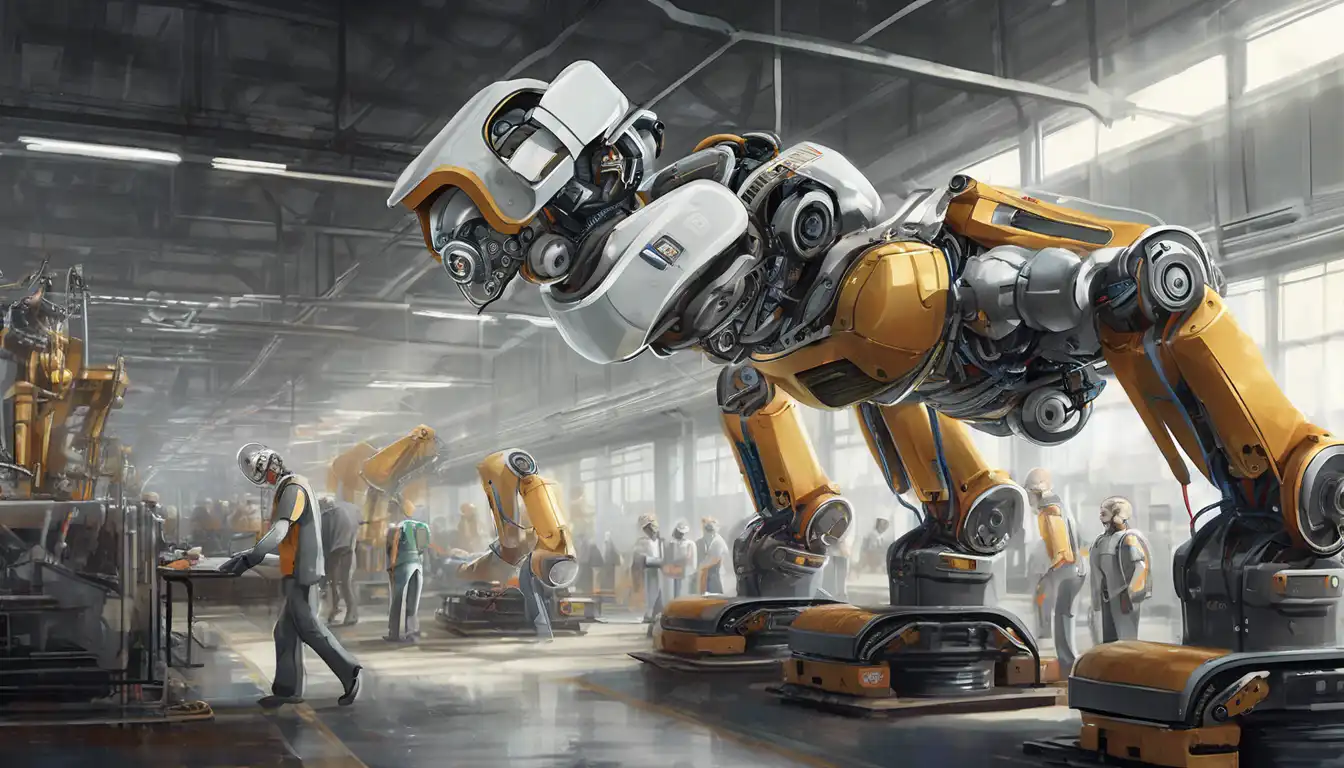The Revolutionary Impact of Robotics on Modern Manufacturing
In the ever-evolving landscape of manufacturing, robotics has emerged as a game-changer, revolutionizing how products are designed, produced, and delivered. This transformation is not just about automating repetitive tasks but about redefining efficiency, precision, and scalability in manufacturing processes.
Enhancing Efficiency and Productivity
Robotics in manufacturing has significantly boosted efficiency and productivity. Automated robots can work tirelessly around the clock, reducing production times and increasing output. Unlike human workers, robots do not require breaks, vacations, or shifts, ensuring continuous production lines that meet growing consumer demands.
Improving Precision and Quality
One of the most notable benefits of robotics is the unparalleled precision it brings to manufacturing. Robots are capable of performing tasks with microscopic accuracy, minimizing errors and defects. This level of precision ensures higher quality products, reducing waste and saving costs in the long run.
Scalability and Flexibility
Robotics offers unmatched scalability and flexibility in manufacturing. With programmable robots, manufacturers can easily switch between different product lines without significant downtime or retooling costs. This adaptability is crucial in today's fast-paced market, where consumer preferences and trends change rapidly.
Reducing Operational Costs
While the initial investment in robotics can be substantial, the long-term savings are undeniable. Robots reduce labor costs, minimize waste, and increase production efficiency, leading to significant operational cost reductions. Moreover, the durability and low maintenance requirements of robots further contribute to cost savings.
The Future of Manufacturing with Robotics
The integration of robotics into manufacturing is just the beginning. With advancements in artificial intelligence and machine learning, robots are becoming smarter, more autonomous, and capable of performing complex tasks. This evolution promises to further transform manufacturing, making it more efficient, sustainable, and innovative.
As we look to the future, it's clear that robotics will continue to play a pivotal role in shaping the manufacturing industry. By embracing this technology, manufacturers can stay competitive, meet the demands of the modern consumer, and pave the way for a new era of industrial innovation.
For more insights into how technology is transforming industries, check out our articles on Automation in Manufacturing and The Future of Robotics.
